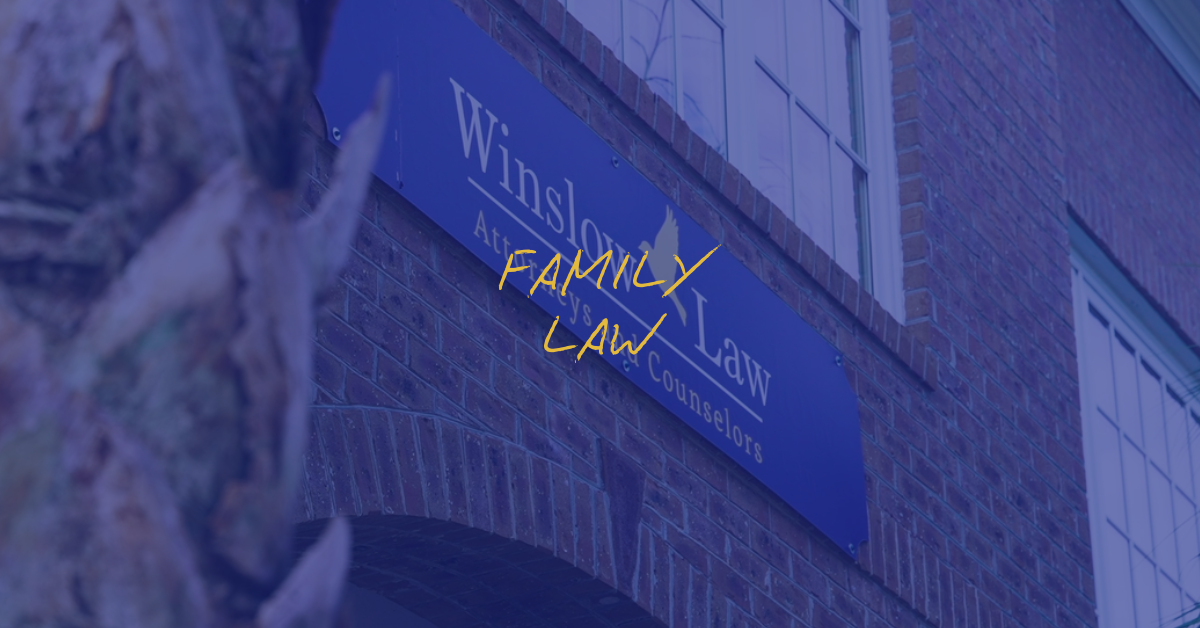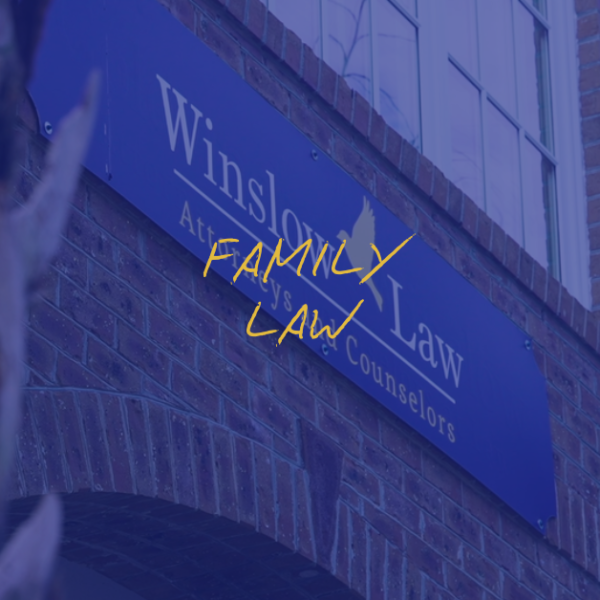
What South Carolinians Should Know About Grandparents’ Rights in Family Law
January 12, 2025
Protecting Your Assets: Prenuptial Agreements in South Carolina
January 12, 2025Uncontested Divorce: Is It the Right Option for Your South Carolina Family?

An uncontested divorce is a cost-effective and efficient option when both spouses agree on all terms, including property division, alimony, and child custody. South Carolina requires a one-year separation for no-fault divorces, even in uncontested cases.
The process involves filing a joint agreement and attending a final hearing. Uncontested divorces are ideal for couples seeking an amicable resolution without extensive legal battles.
FAQs:
Q: Do I need to appear in court for an uncontested divorce?
A: Yes, at least one spouse must attend the final hearing.
Q: What happens if we disagree on one issue?
A: The divorce becomes contested, requiring further negotiation or court intervention.
Q: Can we use the same attorney?
A: No, each spouse should have independent legal counsel to avoid conflicts of interest.
Uncontested divorces are efficient when spouses agree on all terms, but legal counsel is essential. Trust Winslow Law to handle your case with care, ensuring a smooth process and protecting your interests.

